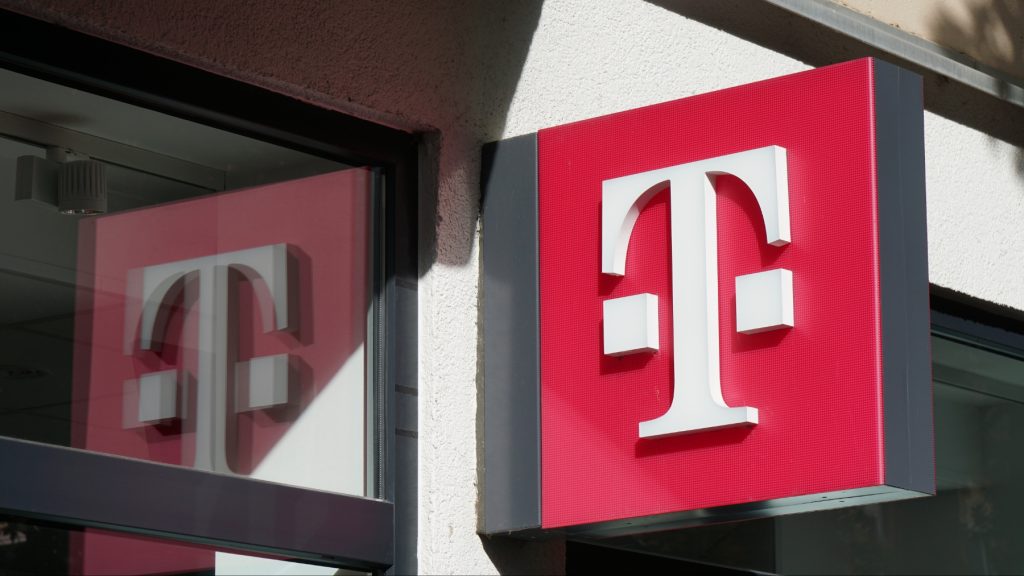
The FCC is sharpening its focus on the potential “competitive effects” linked to T-Mobile’s 5G ambition to expand its network through the acquisition of additional 2.5GHz spectrum.
This intensified scrutiny could potentially lead to T-Mobile securing less spectrum than initially hoped for.
This situation might add to the challenges T-Mobile has faced in securing the spectrum it won in the FCC’s Auction 108 for midband 2.5GHz spectrum, which concluded in 2022. In this auction, T-Mobile emerged as the dominant bidder, securing about 90% of the licenses, or 7,156 out of the 7,872 licenses that received winning bids, with a commitment to pay approximately $304 million.
This amount is notably modest compared to the staggering $81 billion fetched by the C-band auction for similar spectrum licenses.
The reason behind T-Mobile’s comparatively low expenditure in Auction 108 is attributed to its unique position as the sole major 5G network operator incorporating 2.5GHz licenses, the rural location of these licenses, and the lesser amount of spectrum available compared to other auctions like the C-band.
A Stalemate
Post-auction, the FCC did not grant T-Mobile its spectrum winnings due to the agency losing its congressional auction authority to administer spectrum licenses shortly after the auction’s conclusion. This impasse is part of a broader contention in Washington over the management of the 3.1GHz-3.45GHz spectrum band.
In an attempt to circumvent this deadlock, T-Mobile launched a regulatory pressure campaign in 2023 to persuade the FCC to release the Auction 108 licenses. Despite these efforts, FCC Chairwoman Jessica Rosenworcel maintained that the agency lacked the legal authority to do so.
Subsequently, T-Mobile took its case to Congress, securing support from Sen. John Kennedy of Louisiana, who facilitated the passage of the 5G Spectrum Authority Licensing Enforcement (SALE) Act, mandating the FCC to issue the Auction 108 spectrum licenses by March 18, 2024.
A New Hurdle
This week, the FCC introduced a new complication for T-Mobile by announcing a review of its Auction 108 application following a complaint from AT&T. AT&T had previously argued that T-Mobile’s acquisition of a disproportionately large share of midband spectrum could hinder the 5G revolution.
AT&T recently reinforced its argument, citing Hawaii as an instance of T-Mobile’s “excessive spectrum concentration.” According to AT&T, T-Mobile would control nearly half of all mobile telephony/broadband service spectrum in two of Hawaii’s five counties, and even more than half in Honolulu County.
In light of AT&T’s concerns, the FCC is set to evaluate the “competitive effects” of T-Mobile’s spectrum acquisition, including an examination of local number portability data from 2022. This data might reveal T-Mobile’s significant market growth, evidenced by the addition of 934,000 net postpaid phone customers in the fourth quarter of 2023.
The Spectrum Screen Debate
Central to the T-Mobile and AT&T dispute is the FCC’s “spectrum screen,” a measure introduced in 2004 to prevent wireless operators from monopolizing the market’s available spectrum. The screen comes into play when a company acquires more than one-third of the suitable and available spectrum in a market, potentially impacting the competition and the quality of service provided by 5G network operators.
In 2023, the FCC considered revising the spectrum screen, particularly for crucial midband spectrum like 2.5GHz, to ensure fair competition and promote the objective of maintaining at least four nationwide wireless carriers.
Dish Network has emphasized the importance of an updated and consistently enforced spectrum screen for fostering competition, highlighting the detrimental effects of spectrum accumulation on market dynamics and efficiency.
Inside Telecom provides you with an extensive list of content covering all aspects of the tech industry. Keep an eye on our Telecom sections to stay informed and up-to-date with our daily articles.